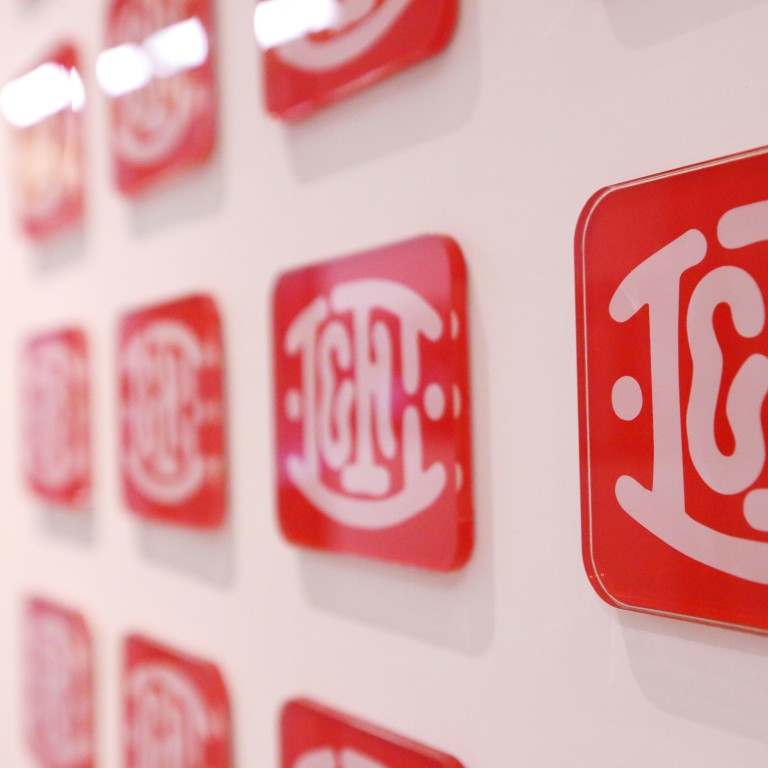
Li & Fung sees more disruptions to global supply chains from US friction with trading partners, as its interim results miss estimates
- Li & Fung’s turnover dropped 8.4 per cent to US$5.4 billion, while core operating profit fell 18.6 per cent to US$105 million during the first half
- The company reported an interim net profit of US$21 million, swinging from last year’s US$86 million loss.
“While the US-China tension has taken centre stage now, uncertainties also loom between the US and multiple production countries, which may cause new disruptions in the future,” said the Hong Kong company’s chairman William Fung Kwok-lun, after interim results missed estimates. “We expect a realignment of global trade relationships to happen over the course of many years, and that a new, stable norm will take time to emerge.”
Still, while supply chain shifts have disrupted the company’s business and partners in manufacturing and retail, Fung said they also presented opportunities.
“While the continued uncertainty presents big challenges to the global retail supply chain, it can also present us with an opportunity,” he said.
The firm has helped a US womenswear retailer formulate and execute a plan to cut its reliance on Chinese manufacturers to 20 per cent from 70 per cent within two years, by diversifying its sourcing to eight other economies, he said.
The supply chain manager has also helped Chinese firms fill their idle factories with orders from Europe and elsewhere, and helped them to move production to South and Southeast Asia.
The company set a goal in early 2017 to achieve “low double digit” annual compound average percentage growth on core operating profit in three years, after failing to meet those goals for 2014-2016. It also aimed to raise its core operating profit margin to 3 per cent by this year, from 2.5 per cent in 2016.
The latest interim results mean achieving the three-year goals will be extremely difficult. Core operating profit amounted to US$412 million 2016.
Li & Fung unveiled in March a plan to separately list its logistics unit on Hong Kong’s stock exchange.
But the firm in June decided to delay the spin-off plan, after Singapore sovereign fund manager Temasek agreed to pay US$300 million for new shares in the unit that would give it a stake of 21.7 per cent. The proceeds would help fund LF Logistics’ growth initiatives.
The company’s shares rose 1 per cent to HK$1.0 before earnings were announced, trading close to its two-decade low of HK$0.94 on August 14.

